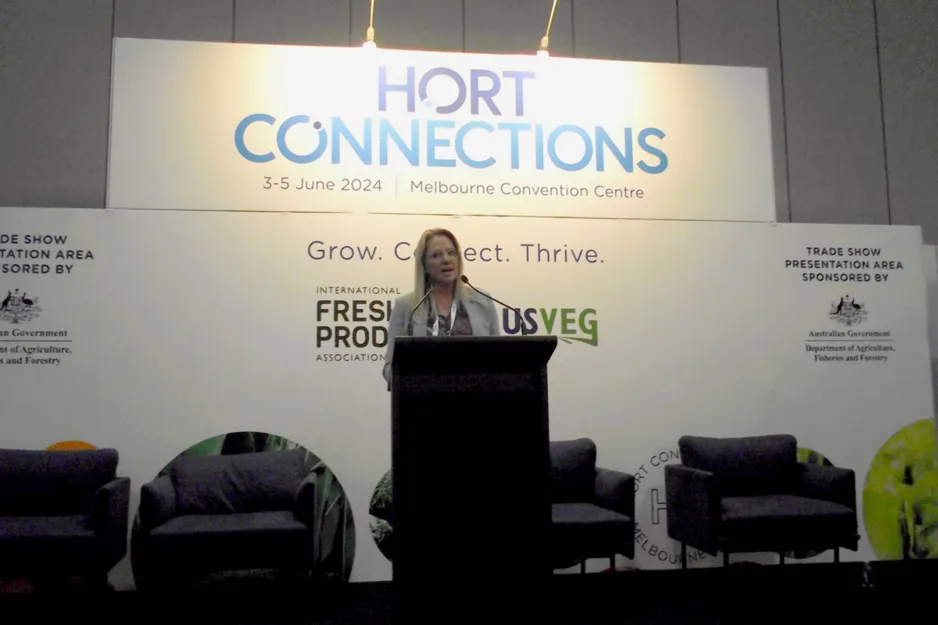FVC’s Bold Plan to Counter Declining Vegetable Intake with a Six-Year Program
FreshPlaza brings insight into the Fruit & Vegetable Consortium’s (FVC) ambitious initiative aimed at reversing the concerning decline in vegetable consumption across Australia. Recently unveiled at Hort Connections, the FVC’s Managing Director, Justine Coates, detailed the comprehensive strategy developed to encourage greater vegetable consumption nationwide.
The FVC’s research reveals that despite affordability, with vegetables costing as little as 68 cents per serve, Australians currently consume only 2.4 serves per day. By increasing this by just one additional serve per person daily, the potential to add nine billion servings of vegetables annually becomes evident, equating to approximately 670,000 tonnes in volume. However, the ultimate goal extends further—to achieve an average of five serves per day per person, adding a staggering 27 billion serves and 1.9 million tonnes annually.
Implemented in collaboration with over 250 organizations under AUSVEG, the FVC’s six-year program, funded by Hort Innovation, focuses on five key settings: education (from primary to tertiary levels), home environments, and retail outlets. This strategic approach aims to engage consumers effectively in their everyday settings, facilitating long-term behavior change towards increased vegetable consumption.
Initial studies conducted by the FVC in partnership with End Food Waste Australia underscored alarming figures, with 25% of purchased vegetables ending up wasted. This revelation emphasizes the urgency to bridge the gap between purchase and consumption habits. Ms. Coates stressed the need for coordinated efforts across schools and households, supported by substantial investments in retail promotions and educational programs, totaling approximately $100 million annually.
Central to the FVC’s strategy is a targeted focus on retail and home environments, recognizing that over 82% of fresh produce reaches consumers directly at home. To achieve the desired increase in vegetable intake, Ms. Coates emphasized the necessity for a 275% increase in current investment, amounting to approximately $1 billion. This investment, projected to impact 90-95% of consumers, not only promises economic benefits but also anticipates substantial gains in public health outcomes and regional employment opportunities.
As Australia embarks on this transformative journey, the FVC’s program stands poised to catalyze significant shifts in dietary behaviors, paving the way for a healthier, more sustainable future.
































